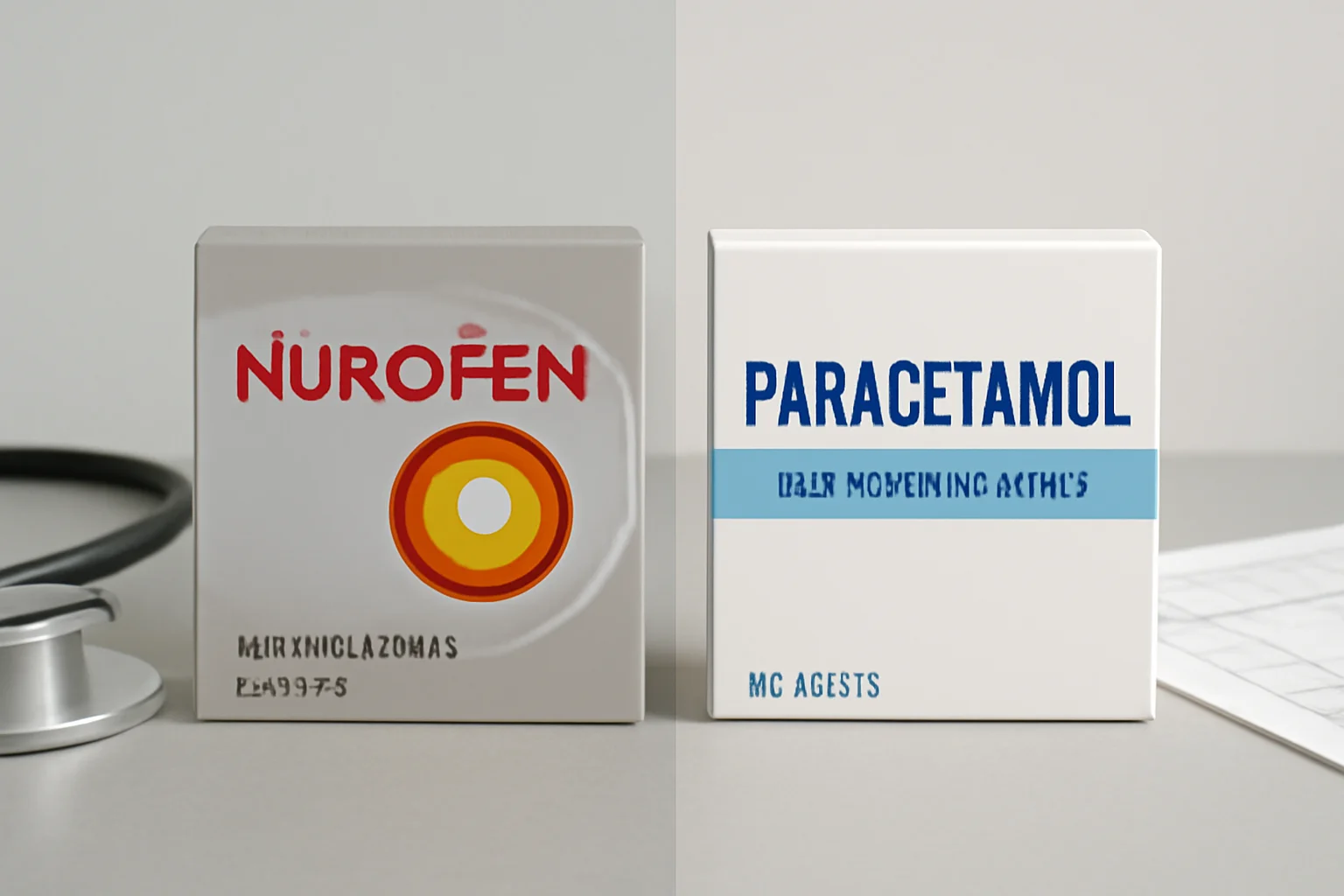
Fatigue or Exhaustion? How to Recognize the Difference!
The feeling of fatigue and exhaustion is familiar to many and affects our daily lives. These concepts are often confused, even though there are significant differences between them. Fatigue is a natural response to physical and mental exertion, while exhaustion represents a much deeper and more persistent state, often resulting from stress, lack of sleep, or mental overload.
In the modern world, where workplace and personal expectations are constantly increasing, more and more people struggle with feelings of fatigue and exhaustion. This phenomenon not only impacts physical health but also our mental well-being. The feeling of fatigue can distract us, diminish our performance, and affect our mood, while exhaustion can lead to long-term problems such as anxiety or depression. The quality of sleep, nutrition, exercise, and stress management are all factors that play a role in how we feel in our daily lives.
Fatigue: The Natural Response
The phenomenon of fatigue is familiar to everyone. After physical activity, mental efforts, or even a long day, we all experience this state. Fatigue is a natural response from our body, signaling that we need rest and recovery. The feeling of fatigue is usually temporary and dissipates quickly after adequate rest.
The causes of fatigue can be varied. During physical activity, such as exercising, the muscles become exhausted, the heart rate speeds up, and our body uses more energy than it typically reserves. Therefore, the feeling of fatigue is normal and a signal from our body that we need some time to recover. Similarly, mental fatigue is common, especially after a long day at work when concentration and mental effort exhaust our minds.
It is important not to ignore fatigue, as persistent fatigue can lead to exhaustion. If we are constantly tired, it may be worthwhile to reassess our lifestyle, sleeping habits, nutrition, and stress management techniques. Proper sleep, a balanced diet, and regular exercise can help combat fatigue.
The treatment of fatigue primarily focuses on rest and recovery. The quantity and quality of sleep play a key role in this process. Most adults are recommended to get 7-9 hours of sleep per night. Additionally, stress management techniques such as meditation, breathing exercises, or yoga can also help alleviate fatigue.
Exhaustion: The Deeper Problem
Exhaustion is a much more serious condition than fatigue. It not only signifies feelings of physical or mental exhaustion but also represents a persistent, draining state that can last for an extended period. Exhaustion often develops as a result of stress, anxiety, or depression and can severely impact quality of life.
Signs of exhaustion include difficulty concentrating, lack of motivation, mood swings, and physical weakness. Those struggling with exhaustion often feel tired and drained, even if they have had enough sleep. Exhaustion not only complicates our daily activities but can also lead to long-term health issues.
The causes of exhaustion can be varied. Workplace overload, family obligations, and social expectations can all contribute to increased stress, which ultimately leads to exhaustion. Additionally, chronic illnesses, sleep disorders, and nutritional deficiencies can also contribute to the development of exhaustion.
Treating exhaustion is a more complex task than treating fatigue. It is important for those affected to recognize the problem and seek solutions. Psychological support, such as therapy or counseling, can help reduce mental burdens. Stress management techniques and relaxation practices, such as meditation, breathing exercises, or yoga, can also be effective in treating exhaustion.
Furthermore, proper nutrition and regular exercise play a crucial role in overcoming exhaustion. Maintaining a healthy lifestyle can help keep the body and mind balanced, thus reducing the risk of exhaustion.
Treatment Options for Fatigue and Exhaustion
For both fatigue and exhaustion, it is important to apply appropriate treatment methods. In the case of fatigue, the most important aspects are rest and recovery. The quality and quantity of sleep, stress management techniques, and physical activity all contribute to alleviating fatigue.
Treating exhaustion is more complicated, as it often stems from deeper issues. Psychological support and therapy can assist in managing stress and anxiety. Additionally, a healthy lifestyle, nutritious diet, and regular exercise also play important roles in overcoming exhaustion.
Mindfulness and relaxation techniques, such as meditation and breathing exercises, can also aid in the treatment of both fatigue and exhaustion. These methods help reduce stress, improve mood, and enhance mental performance.
The most important thing is to pay attention to our bodies and feelings. If we feel that fatigue or exhaustion is persistently affecting our lives, it is advisable to consult a professional. Medical advice and appropriate support can help us regain balance.
**Warning:** This article does not constitute medical advice. If you have a health issue, please always consult a doctor.

